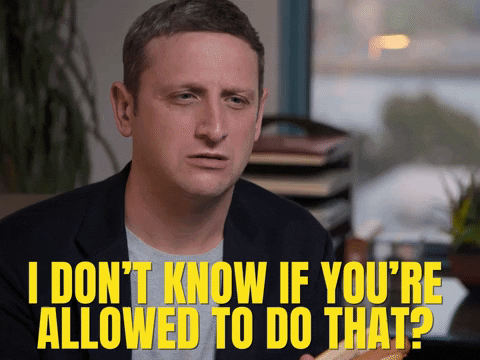
A course syllabus can seem like a long, boring document that isn't worth reading, but don't be fooled! Your syllabus gives you a lot of important information that will help you get through the course.
Basic Information
The first page or top of your syllabus will give you things like your instructor's contact information, the time and location of the course, and the course description.
These may be things you already knew when you registered, but they're still important to have as a reference.

Objectives And Requirements
The most important part of your syllabus are Learning Objectives and Course Requirements.
Learning Objectives tell you what you'll get out of the course. They often include phrases like,"You will be able to..."
Course Requirements lists all the things you need to do to pass the class. This includes readings, papers, discussion boards, other assignments, and due dates.
Make sure you put any important due dates from the Course Requirements into your personal calendar!
Policies And Expectations
Review your syllabus for some of the policies that your instructor or institution has in place.
Some important policies are:
attendance
due dates and late work
technology use
accessibility and accommodations
nondiscrimination and harassment
It's a good idea to go through each of these before the course starts and highlight anything that stands out to you as important or confusing.

Quiz
Kris has ADHD. He's having issues with his instructor about receiving extra time on his exam. Which part of the syllabus should he review before he speaks to the department head?
Subscribe for more quick bites of learning delivered to your inbox.
Unsubscribe anytime. No spam. 🙂
Take Action

Set yourself up for success!
Your feedback matters to us.
This Byte helped me better understand the topic.
